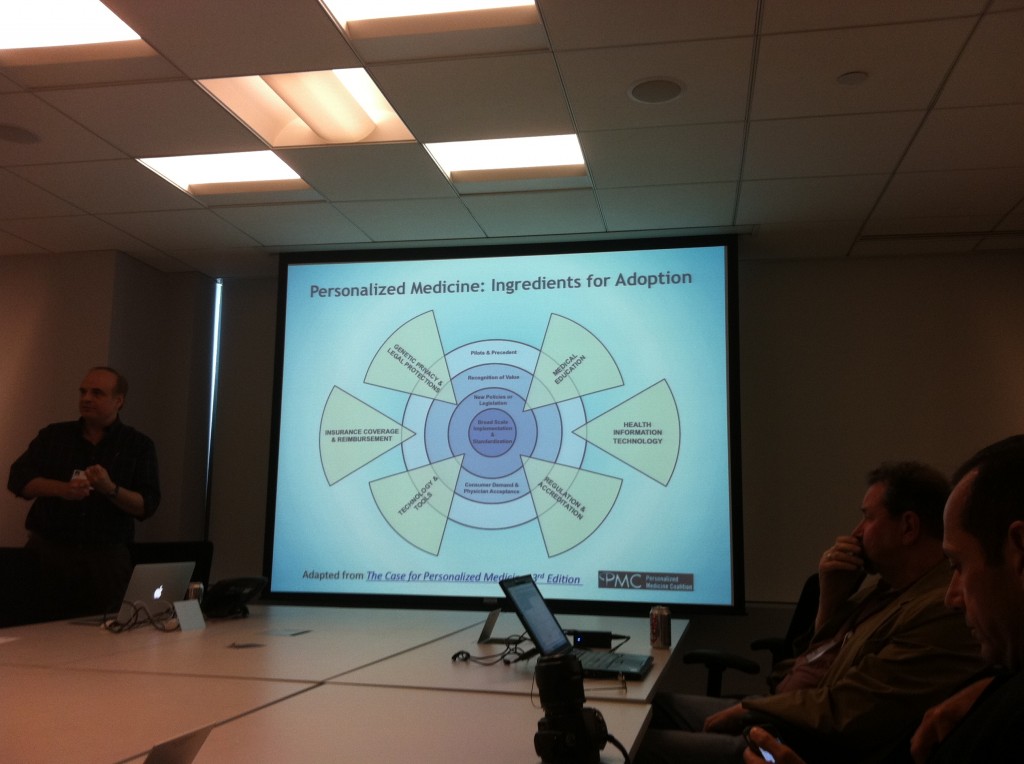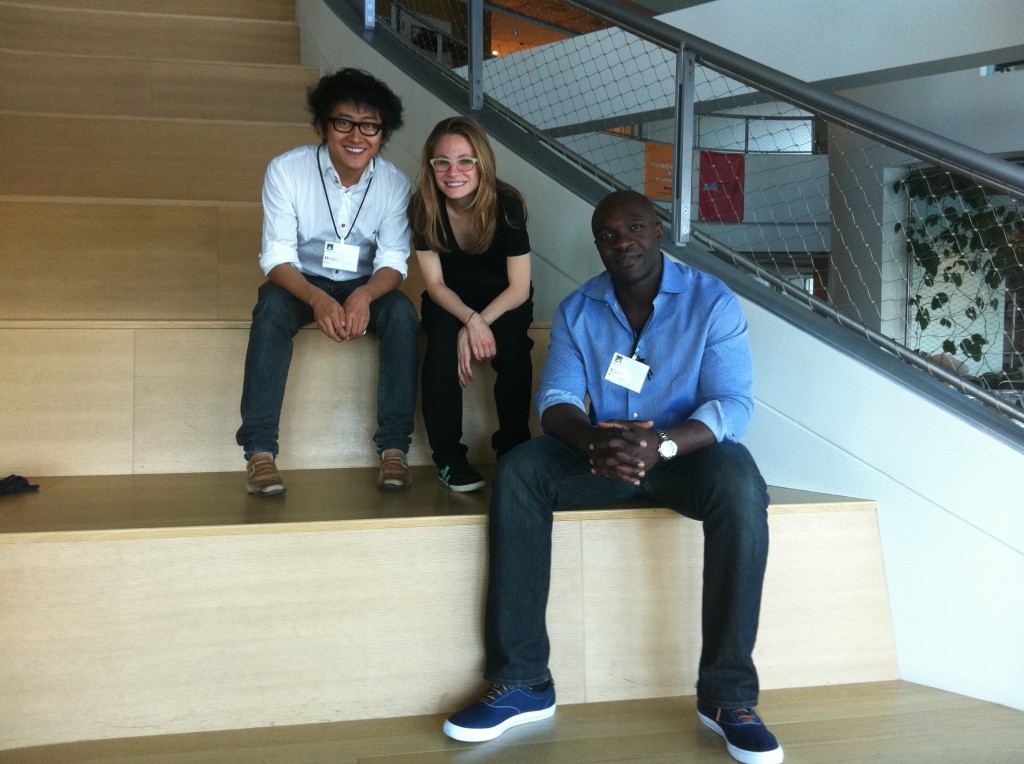Health Foo: A Health Unconference
The second ever Health Foo, sponsored by the Robert Wood Johnson Foundation, was May 18-20 at the Microsoft New England Research and Development (NERD) Center in Boston and hosted by O’Reilly Publications. This invite-only event is the health-related spin-off of Foo Camp, an annual hacker conference held in the Bay Area and started in 2004. (Why “Foo”? In addition to being a placeholder word for computer programmers, it stands for “Friends of O’Reilly”.)
Health Foo, like other Foo events, is a Do-It-Yourself conference, or unconference, where the agenda is set collaboratively the day of the event. Health Foo is informal, and, to encourage free exploration of ideas and open collaboration, does not use the typical format of conferences, where one or a few individuals present their ideas and the rest listen passively. Instead, anyone can lead a session. Few give standard slide presentations, and usually everyone in the room participates in discussing the topic at hand.
Topics from this year’s Health Foo, expectedly, varied widely. There was a session led by Mark Boguski on cancer and the fallacy of the $1000 genome, one by Quantified Self’s Alex Carmichael on mood hacks and open relationships, a presentation by Marty Kohn on IBM’s Watson for Healthcare. Foo’s signature Ignite talks, 5-minute presentations with auto advancing slides (tagline: “enlighten us, but make it quick”), were Saturday night and covered everything from the Future of Health Medicine to the Flowbee (yes, actually).
Some of the most thought-provoking and entertaining moments of the event were those spent mingling with the conference’s incredible roster of attendees. I was particularly inspired by several young entrepreneurs I met, including Yemi Adesokan of Pathogenica, a pathogen sequencing analysis company out of Boston, Hugo Liu, tastemaker and Chief Scientist at Hunch, and Britta Riley, hydroponic gardening evangelist and founder of Windowfarms.
This was my first Foo event and my second unconference (the first being BIL this past March on the Queen Mary in Long Beach). Unconferences like Health Foo have a lot in common with the incubator model: put a bunch of smart people in a room, throw resources at them (mostly other people), and mix well. While unconferences have begun to become a signature of the high tech set (the Hardware Unconference was May 12th in San Francisco and took place in none other than the offices of O’Reilly AlphaTech), other health conferences could stand to take a cue from the successes of Health Foo.


